Former Jackson Mayor Paddled Man Who Tried Breaking Into His Car
Former mayor of Jackson, Mississippi, and current pastor Tony Yarber taught an alleged burglar a lesson before leading Sunday’s sermon.
Yarber told WQAD that his family was getting ready to go to church when his wife noticed a couple of men sitting in a car at the curb near their house. The pastor went outside to investigate and allegedy caught Juwuan Bibbs, 22, breaking into his truck.
Yarber kicked the car door shut and Bibbs, who was armed, began to run. Yarber subdued the suspect in a headlock and took him inside the garage. The pastor told the Jackson Clarion Ledger that the attempted robber then said something that made him go into disciplinary mode.
“He said some things that made me mad,” Yarber told the local outlet. “He asked me not to kill him because he’s got a 2-month-old baby, and I’m like, ‘My kids are in my house right now.’”
That’s when Yarber, who’s a member of Alpha Phi Alpha, called for his fraternity paddle and began paddling the suspect while waiting for police to arrive.
“When you break in people’s stuff, it’s because somebody ain’t whooped your tail!” he shouted as he spanked Bibbs. Yarber’s son caught the whooping on video below.
“If he was going to go to jail for a day and get out, I wanted him to remember why he went,” Yarber told WQAD.
Bibbs, who lost his weapon when Yarber kicked the truck door, was arrested and sent to jail on a $20,000 bond, according to the Clarion Ledger. He has been charged with auto burglary and possession of marijuana. It’s still unclear whether accomplices were involved.
The former mayor faced a similar situation in 2005 when he fought off two men who tried to break into his house. This time around, Yarber said one officer who arrived at his home told Bibbs, “Wrong house, homeboy.”
Yarber said he was grateful that he and his family were safe. He also said that he’s glad he showed Bibbs mercy.
“People keep talking about lethal force, but I don’t want to take any more credit than I should, but I guess if I’m putting on my other hat, my restraint came from God,” he told the Clarion Ledger. “I just want folks to be vigilant and take advantage of opportunities to look out for others and themselves.”
Also on HuffPost
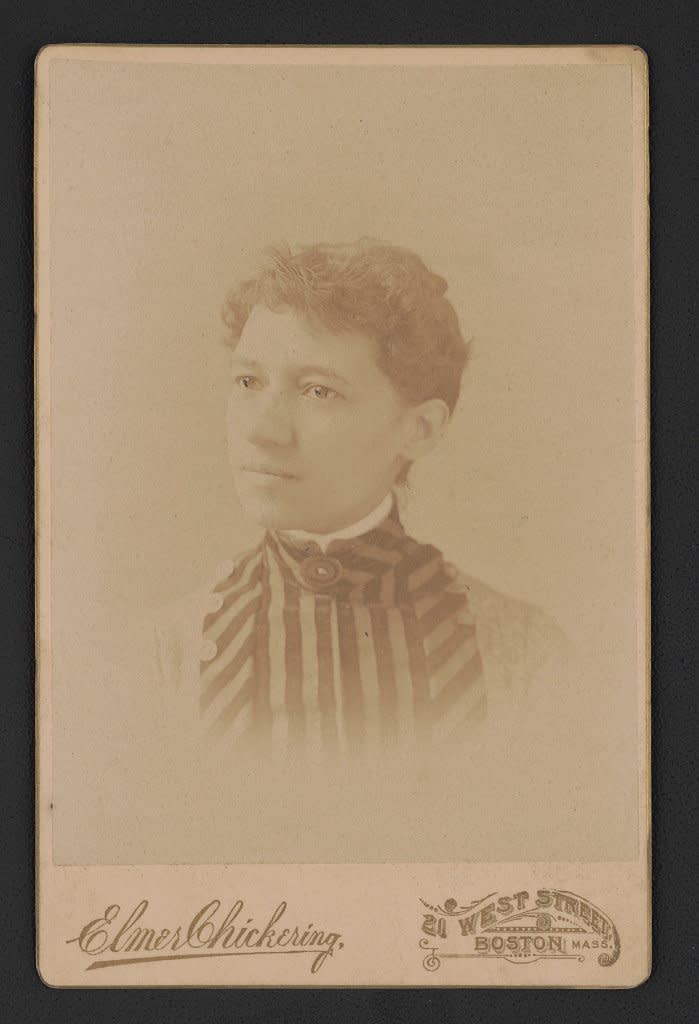

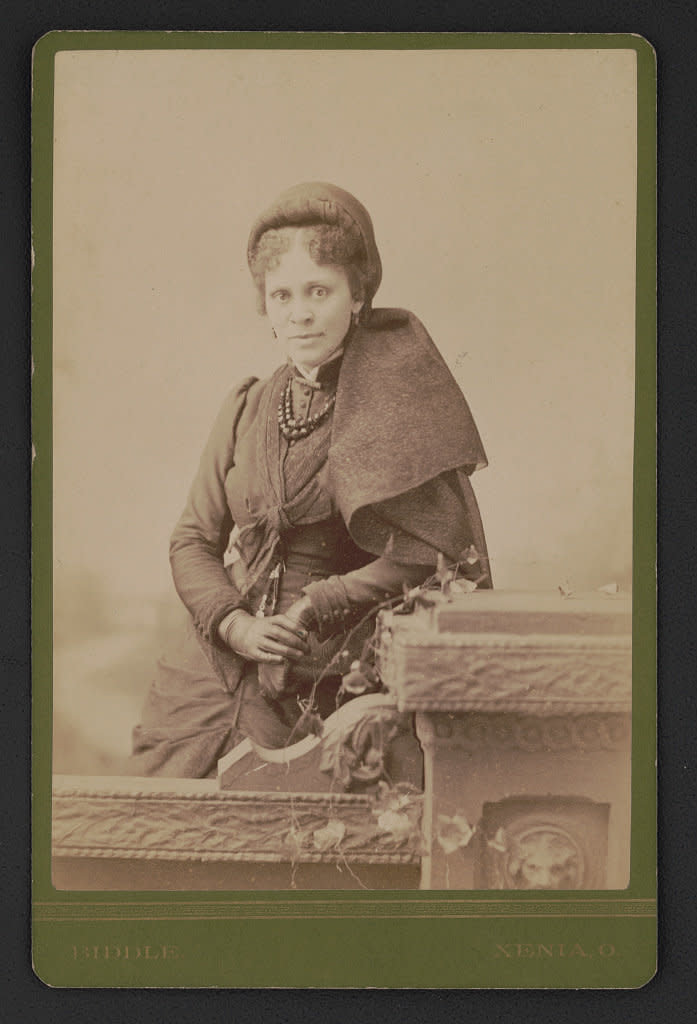
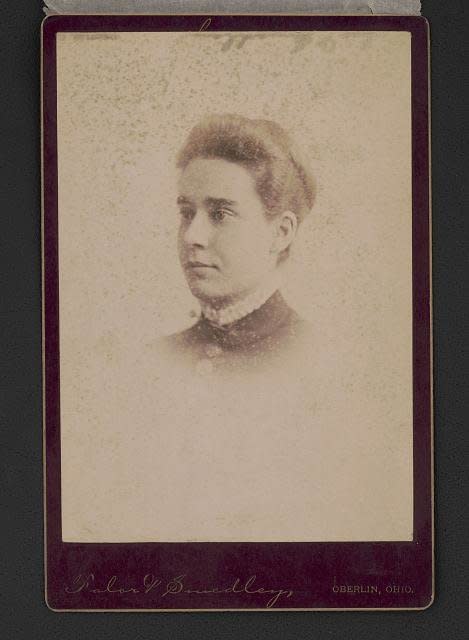
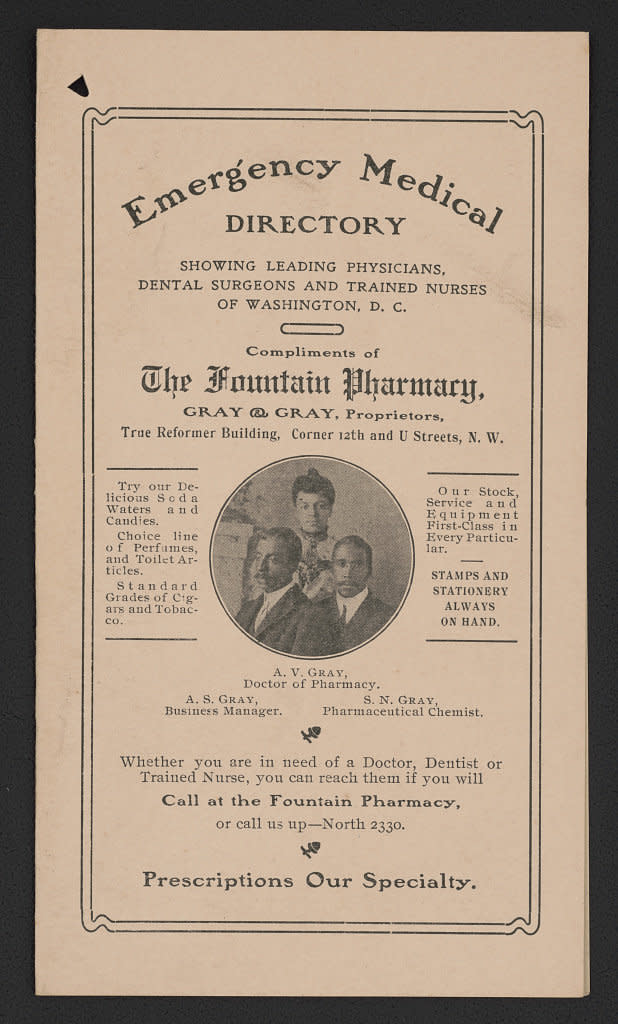
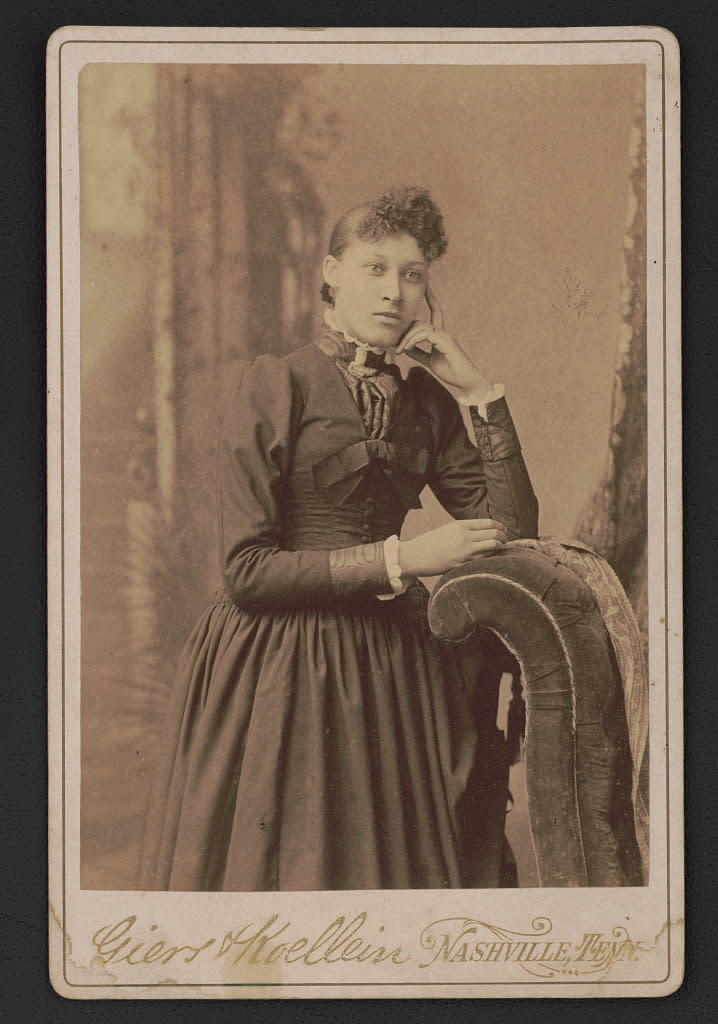
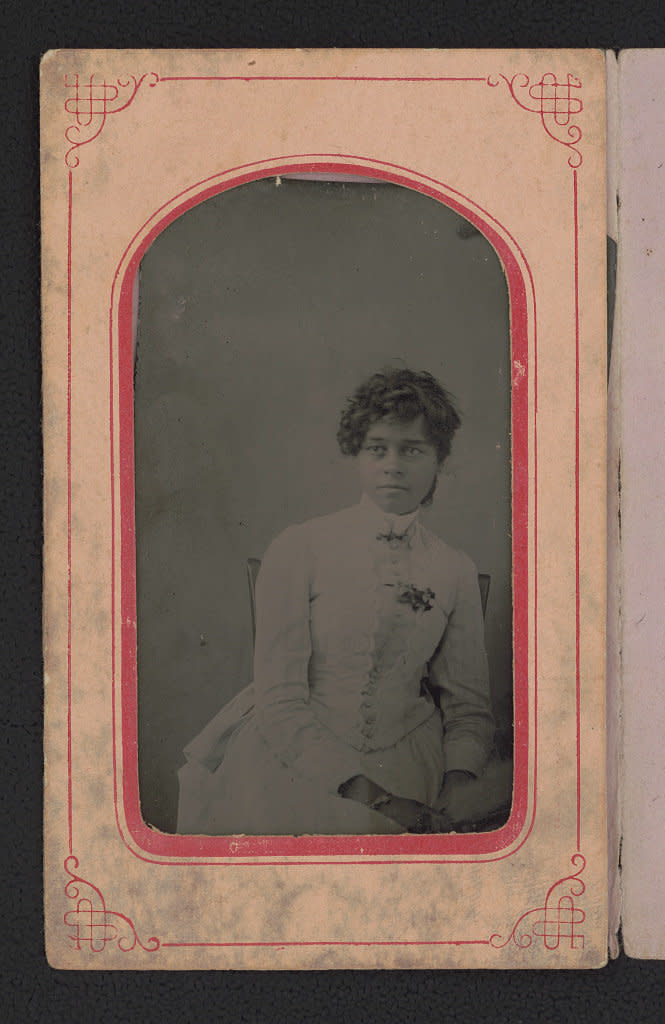
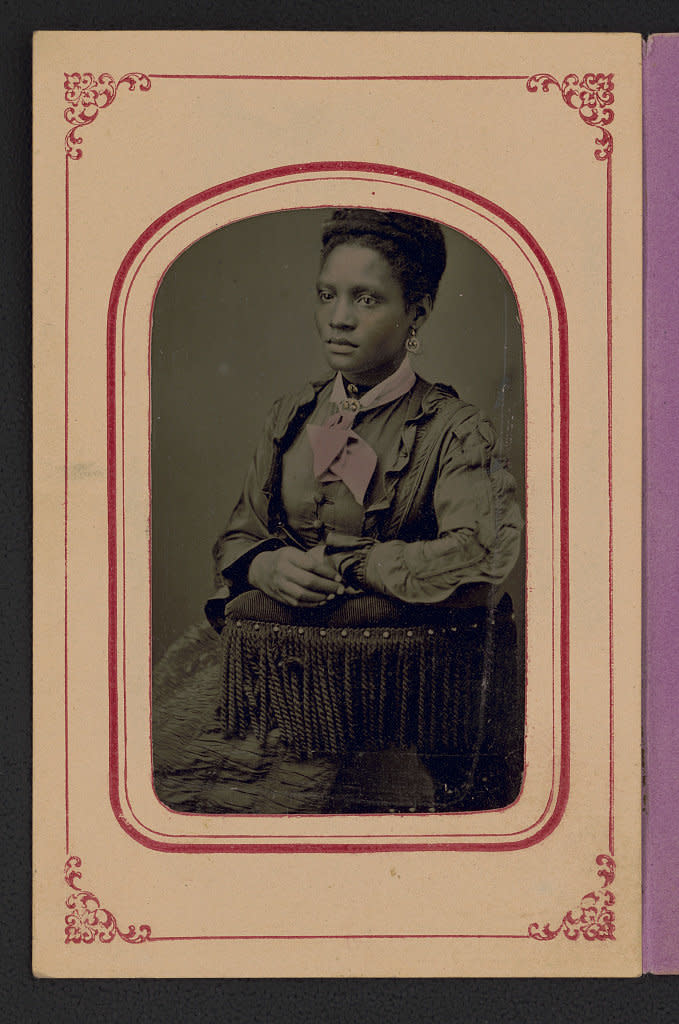
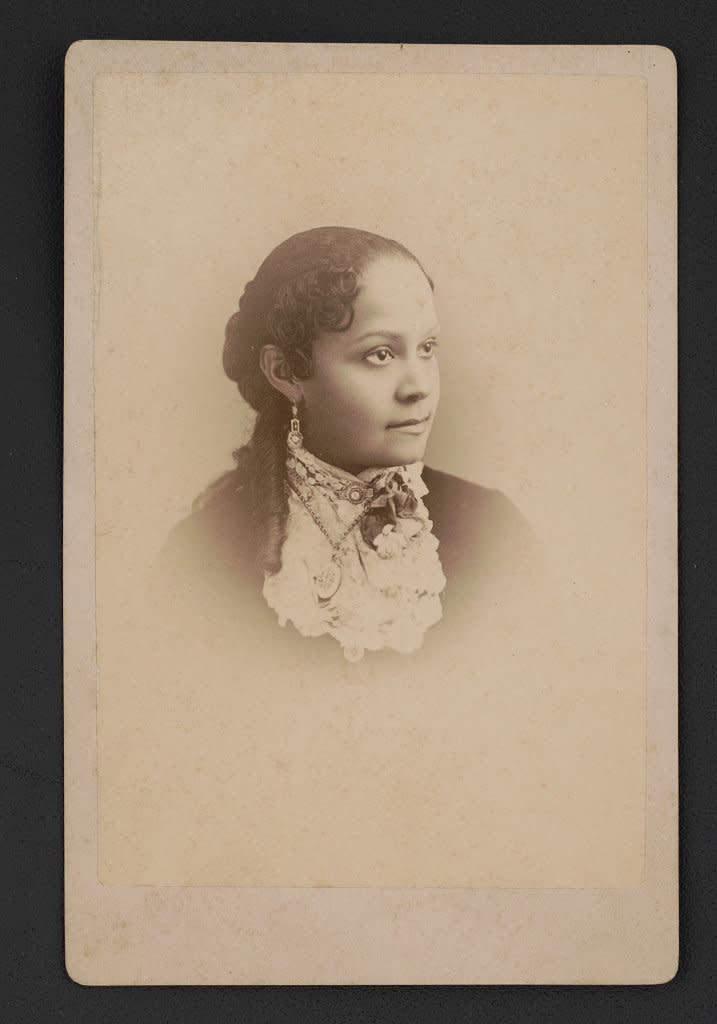

Love HuffPost? Become a founding member of HuffPost Plus today.
This article originally appeared on HuffPost.

